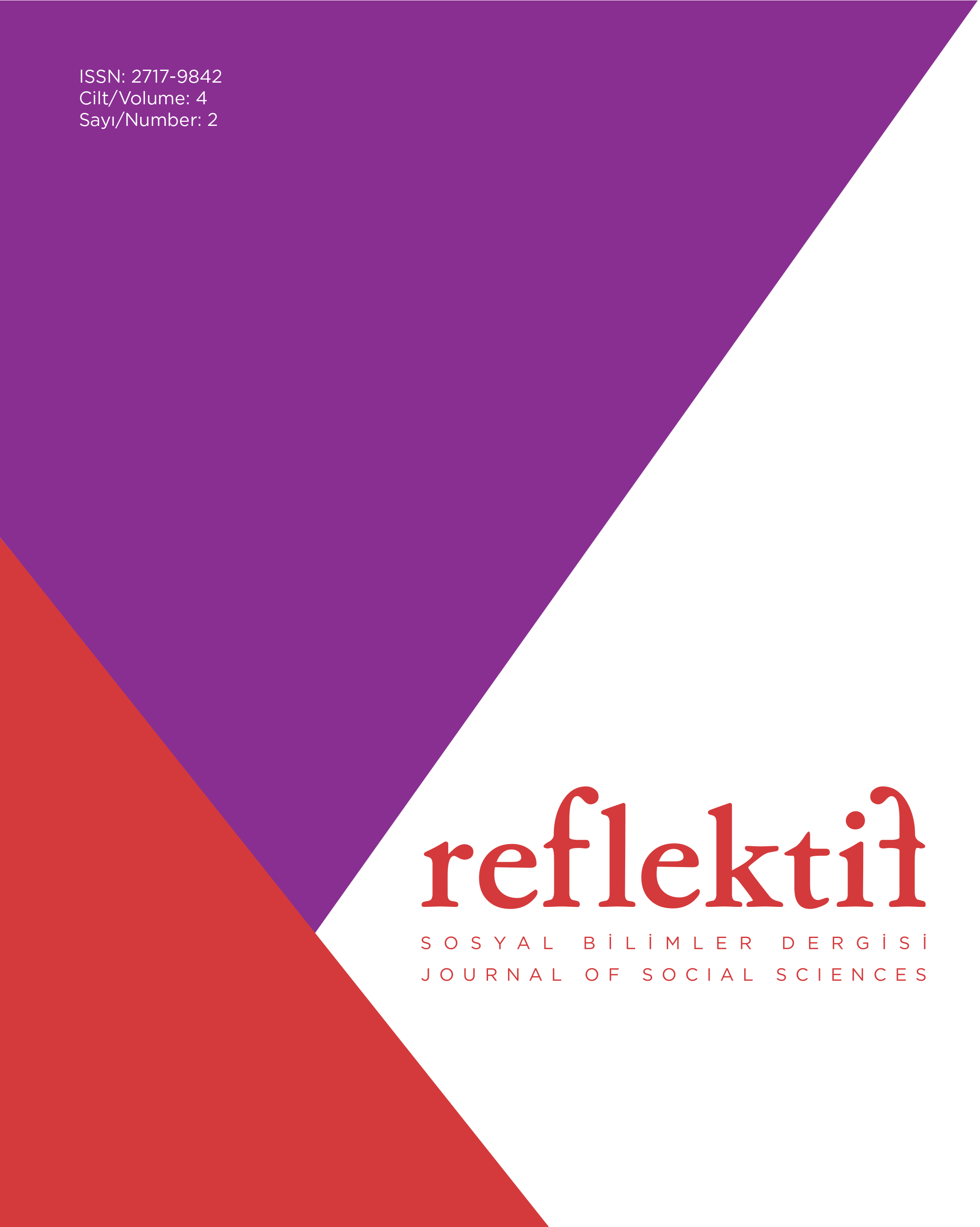Education in Emergencies: ERG’s Experiences and Recommendations in the Aftermath of the February 6th Earthquakes
DOI:
https://doi.org/10.47613/reflektif.2023.111Keywords:
multiple crises and emergencies, monitoring, education policy, child protection, preparedness, risk mitigation and preventionAbstract
As a result of disasters, children’s access to education is restricted, the quality of education services is adversely affected, and education staff becomes less capable of supporting children at risk. Education has critical roles at every stage of the disaster management cycle. In the aftermath of the February 6th 2023 earthquakes, besides monitoring the effects of earthquakes on education, and newly initiated education policies and practices, Education Reform Initiative (ERG) aims to support solidarity among civil society actors and to facilitate joint monitoring efforts. These efforts take into consideration not only the roles that education can play in recovery processes but also the roles that education should assume in the prevention and/or mitigation of possible future emergencies. It is emphasized that current interventions should take into account the chronic problems that predate the earthquakes, and the needs of vulnerable groups. Moreover, the need to reinforce the child protection system, of which education services are an essential component, is highlighted.
Downloads
Published
How to Cite
Issue
Section
License
Copyright (c) 2023 Işık Tüzün

This work is licensed under a Creative Commons Attribution-ShareAlike 4.0 International License.
All manuscripts which are submitted to the REFLEKTIF Journal of Social Sciences should not be published, accepted and submitted for publication elsewhere.
In case an article is accepted for publication it is allowed to combine the article with other researches, to conduct a new research on the article or to make different arrangements on condition that the same license is used including the commercial purpose.
As an author of an article published in REFLEKTIF Journal of Social Sciences you retain the copyright of your article and you are free to reproduce and disseminate your work.




